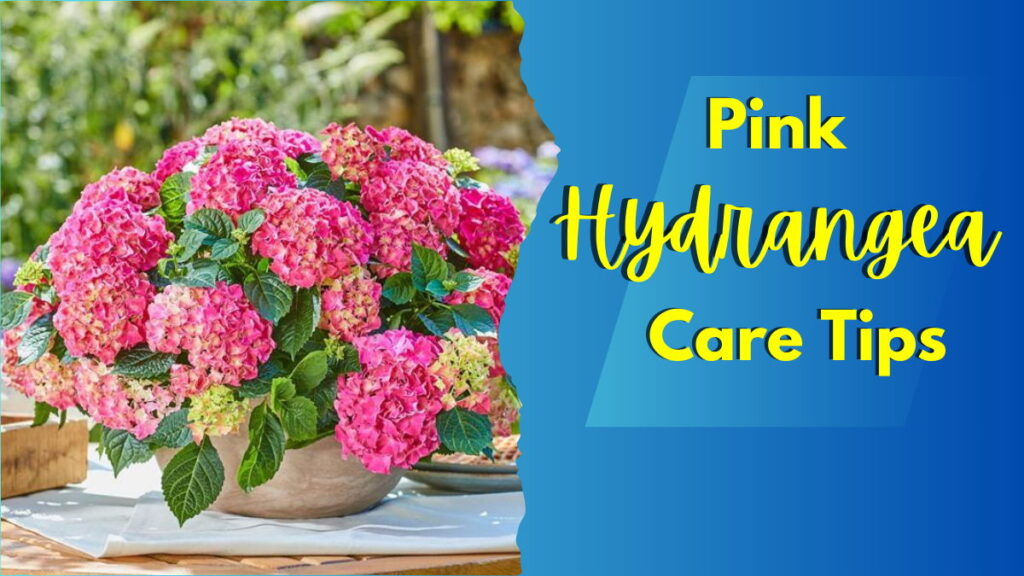
This Pink Hydrangeas Care guide is dedicated to their care and cultivation so you can grow these beautiful additions to your garden. Pink flowering plants especially hydrangeas with pretty flowers and striking foliage are known to be a gardener’s delight.
Thus the pink Hydrangea family includes a wide assortment. Mophead hydrangeas scientifically called Hydrangea macrophylla are preferred due to their large flowers. Specifically, for lace-cap type, you can opt for Nikko hydrangea which falls under Hydrangea serrata. Pee Gee hydrangeas (Hydrangea paniculata) produce conical flower heads of pink.
Despite variant nicknames, pink hydrangeas include soft pink to dark pink-purple colors. Those big, rounded flowers or tidy lace caps are refined. The brilliant show usually occurs mid-summer and may continue for 2-3 weeks sometimes into the fall.
Pink Hydrangea Care
Light Requirements
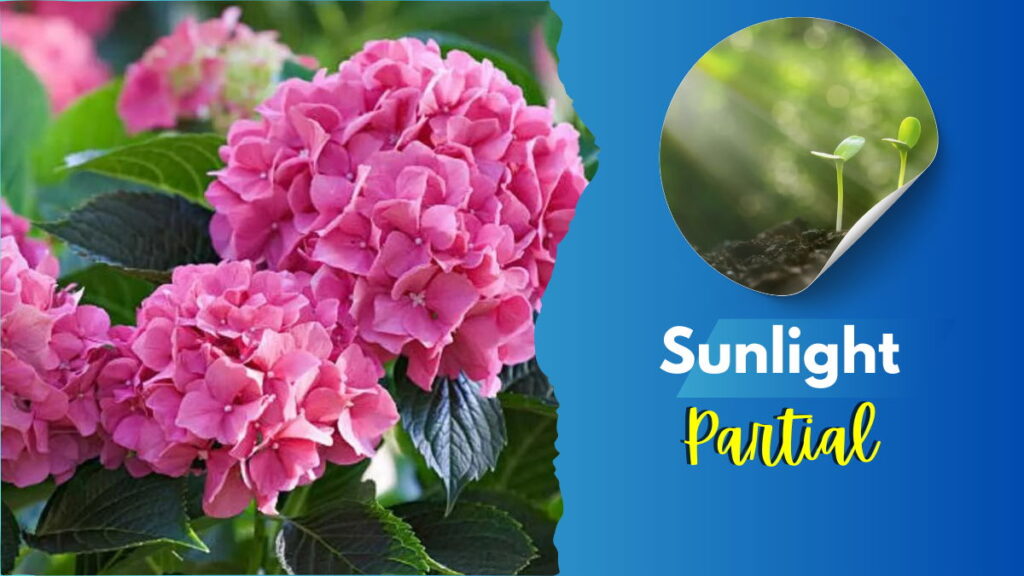
It should be noted that pink hydrangeas do well when grown in an area that has partial shade. Early morning sun is preferred and the flowers should be shielded from the scorching sun in the early afternoon if possible.
Soil Requirements
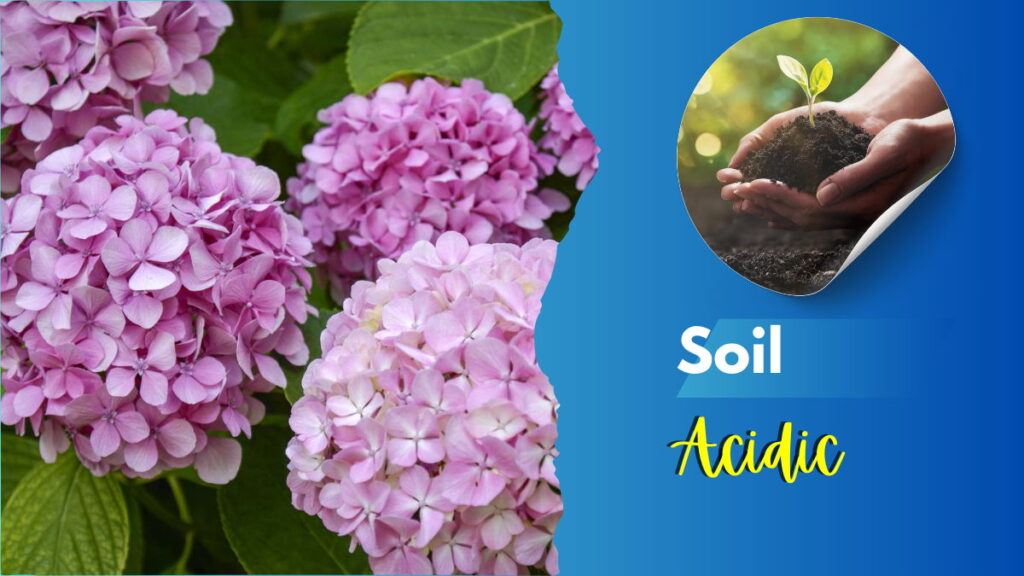
For pink flowers to be so bright you should ensure that the soil you choose has good drainage as well as being acidic, with the pH ranging between 5. 5 and 6. 5. Consequently, incorporate organic materials in your soil such as compost that has low pH or peat moss if your soil’s pH is high. Many types of testing kits are available in the market to know the extent of attention that has to be paid to altering the pH level of the soil.
Temperature and Climate
Specifically, pink hydrangeas bloom well at cool to moderately warm summer temperatures. It can withstand a fairly cold climate during the winter but might require some additional care during the winter, similar to other plants like Philodendron Atabapoense.
Planting and Spacing
How to Plant Pink Hydrangeas
- Select proper lighting in that area, and the soil should also be of good drainage.
- Bury the hole in which the plant is placed twice the size of the root ball and slightly deeper.
- Carefully rub between the roots of your hydrangea and the potting mix.
- Put the plant into the hole, add amended soil to the hole, and make the root ball even with the ground.
- It is recommended to water well to settle the soil.
Proper Spacing
This plant popularly known as hydrangea has the potential of growing big. If growing multiplications, one should space them 3- 5 ft apart depending on the growth and air circulation the plants need.
Watering and Fertilization
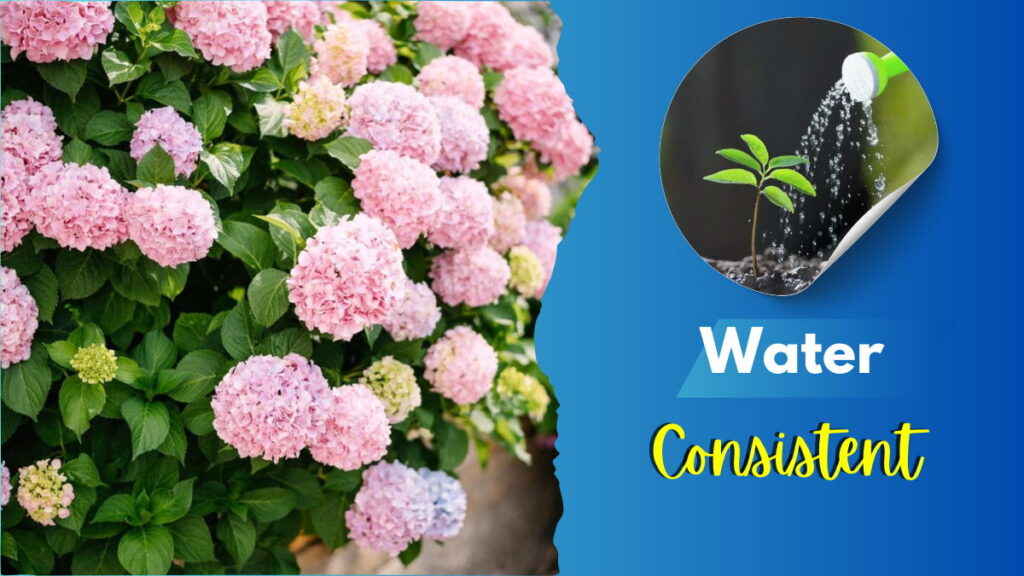
Watering Schedule
Fertilize your pink hydrangeas often, especially in a hot climate. Ideally, the soil should be moist but not waterlogged at any given period in the process of growing the vegetation. Feel the top inch of the soil, if dry then you need to water the plants.
Fertilization Needs
A good controlled-release fertilizer specially made for plants that like acidic soils can be applied at the beginning of spring and after the first flowering of the plant. Refrain from over-fertilizing because this tends to cause overgrowth of the foliage at the detriment of the flowers.
Pruning and Maintenance
Pruning Techniques
To avoid damaging new growths, trim hydrangeas during the late winter to early spring though it should be noted that once the bush is flowering this should not be done. Prune out any For example dead, diseased, or crossed branches. Thinning should be done by lightly pinching the tips of the new shoots on those plants that seem to be bushy. Deadheading portion of flowers that have withered is beneficial in that it promotes more flowering.
Common Pests and Diseases
Amphids, lace bugs, and powdery mildew may pose some threat to the hydrangeas from time to time. Pests can be managed through Neem oil spray or insecticidal soap. Ensuring adequate airflow minimizes the incidences of diseases.
Propagation Methods
Stem Cuttings
Propagate via stem cuttings during the time between spring and the beginning of summer. Select healthy stems with a couple of nodes, cut the stem below the node, and transfer it to a pot using a soilless mix or a mix that would drain well. These should be watered frequently and kept warm and moist until they produce roots.
Styling and Display Ideas
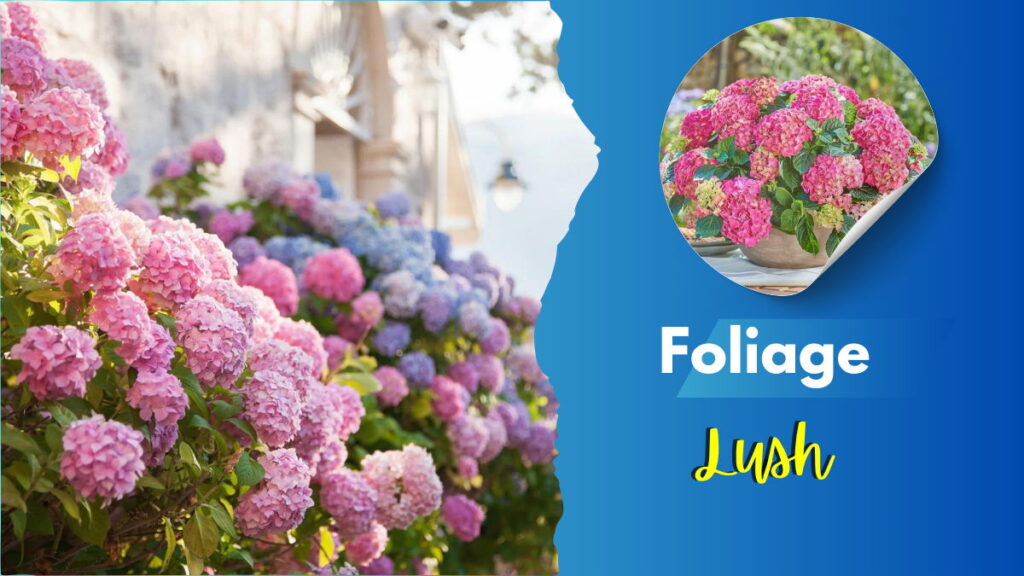
Garden Design Inspiration
Pink flowers of the hydrangeas create a fusion of borders, foundation planting, or simply, stunning statement shrubs. Plant them beside shade-loving perennials such as hostas or ferns for an amazing look.
Indoor Arrangements
Shearing for cut blooms is useful to bring in the house for arrangement on vases. To receive the flowers, sear the end of the cut stem for 30 seconds in boiling water before placing them in the vase.
Advantages of Rearing Pink Hydrangeas
Pink flowering Hydrangeas on top of beautifying your garden with their gorgeous flowers act as a butterfly and other pollinator magnet. They have long-lasting flowers ideal for cutting and can be used to décor the house and make it more classy.
Conclusion
If you always want to enhance the beauty of your garden through the beautiful pink hydrangea flowers here are some pointers to which you should stick to to have the flower of your garden blooming all through. One sure way of also making your landscape a beautiful sight to behold is by planting this type of shrub also add Burle Max philodendron to your garden, so why don’t you consider planting one today?
Where to Purchase
Other pink hydrangeas are generally offered across most nurseries and other centers that deal in garden products. It can also be purchased from trusted stores from online platforms.
Do pink hydrangeas like direct sun or shade?
Hydrangeas are pink Inside they are like a partially shaded area spot that gets the morning sunlight but not in the hot midday sun. They are affected by direct sunlight by burning their blooms and leave for longer periods.
Are pink hydrangeas hard to grow?
Pink hydrangeas are not demanding in their cultivation but have one drawback concerning the soil’s acidity. These plants are adapted to grow in acidic soil primarily of pH 5. 5 to 6. 5 to obtain strong pink flowers. This makes sure the used soil has the right pH by adding organic matter or by using the right fertilizers meant for acid-loving plants. It grows to a height of 6-12 feet and flowers white to pink in color they are easy to grow if provided with enough sunlight and water and occasionally pruned and they are rewarding florals that you are going to enjoy having in your compound.
Where is the best place to plant pink hydrangeas?
The best place to plant pink hydrangeas with:-
Partial shade:- Best from the morning sun but the best is when the grill is shielded from the afternoon sun.
Well-drained, acidic soil (pH 5. 5 to 6. 5):- Occasionally, the condition of the soil demands an addition of organic matter or specific kinds of fertilizer.
Good air circulation:- This goes a long way in preventing diseases such as powdery mildew.

